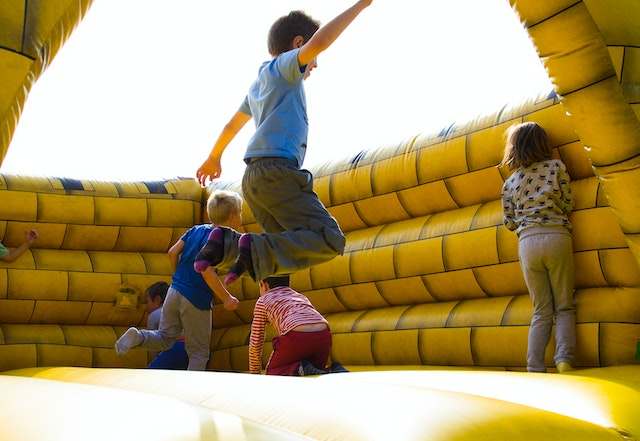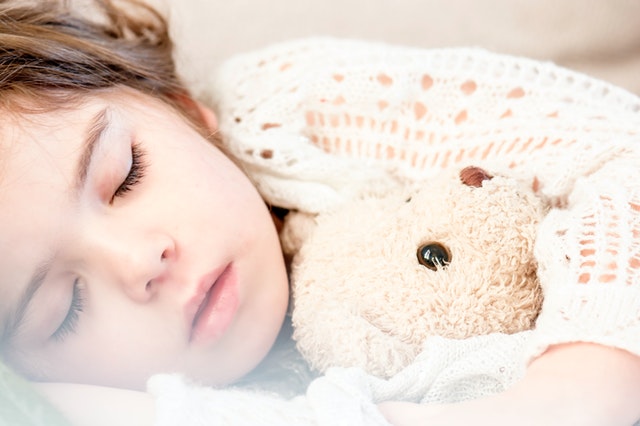Social-emotional activities are an essential part of a toddler’s development.
Social-emotional development involves the ability to manage emotions, build relationships with others, and navigate social situations.
By participating in social-emotional activities, toddlers learn critical skills that will set them up for success in their future social interactions.
One of the main benefits of social-emotional activities for toddlers is that they help to build emotional intelligence.
Emotional intelligence involves the ability to recognize, understand, and manage emotions.
By participating in activities that focus on identifying and expressing emotions, toddlers learn to recognize and manage their own feelings.
They also learn to empathize with others, which is a crucial skill for building positive relationships.
Social-emotional activities also help toddlers to develop social skills.
These activities encourage children to engage with others and develop positive relationships.
By participating in group activities, toddlers learn how to communicate effectively, share, take turns, and solve problems collaboratively.
These skills are essential for success in school and in life.
In addition to emotional intelligence and social skills, social-emotional activities can also promote physical development.
Many social-emotional activities involve movement, which helps toddlers to develop their gross and fine motor skills.
For example, dancing or playing catch can help to improve hand-eye coordination, balance, and muscle strength.
It’s also important to note that social-emotional activities can help to reduce stress and anxiety in toddlers.
Young children can experience stress and anxiety, and social-emotional activities can help to provide a safe and supportive environment for them to learn and grow.
Activities like singing, storytelling, and art can be calming and soothing for young children, helping them to manage their emotions and feel more relaxed.
There are many social-emotional activities that parents and caregivers can engage in with toddlers.
Reading books that focus on emotions, playing games that involve taking turns or sharing, and singing songs about feelings are all great examples of social-emotional activities.
Parents can also encourage toddlers to express their emotions through art or music, or by talking openly about their feelings.
In conclusion, social-emotional activities are an essential part of a toddler’s development.
These activities help to build emotional intelligence, develop social skills, promote physical development, and reduce stress and anxiety.
By participating in social-emotional activities, toddlers learn critical skills that will set them up for success in their future social interactions.
Parents and caregivers can play an essential role in supporting their children’s social-emotional development by engaging in these activities with them.
Here are 10 social-emotional activities that are must for toddlers:
-
Emotion Charades – Parents can act out different emotions like happy, sad, angry, or surprised, and toddlers can try to guess what emotion is being acted out.
-
Feelings Chart – Parents can create a chart with different emotions and encourage toddlers to identify and express how they are feeling.
-
Story Time – Reading books that focus on emotions or social situations can help toddlers to identify and understand different emotions and behaviors.
-
Role Playing – Parents can encourage toddlers to act out different social situations, like sharing a toy or saying “please” and “thank you.”
-
Dancing – Dancing to music can be a fun and active way to help toddlers to express their emotions and release energy.
-
Puppet Show – Using puppets to act out different social situations or emotions can help toddlers to understand and navigate different social interactions.
-
Playdate – Arranging playdates with other toddlers can help children to practice social skills like sharing, taking turns, and communicating with others.
-
Art – Providing materials like paint, crayons, or clay can help toddlers to express their emotions and creativity in a safe and supportive environment.
-
Singing – Singing songs about emotions or social situations can help toddlers to understand and express their feelings.
-
Mindfulness – Introducing mindfulness activities like deep breathing or meditation can help toddlers to manage their emotions and reduce stress and anxiety.
These social-emotional activities are not only fun and engaging for toddlers but also promote their emotional and social development, helping them to develop critical skills that will set them up for success in their future social interactions.
Parents and caregivers can incorporate these activities into their daily routine and playtime to support their children’s social-emotional growth.
![]()











